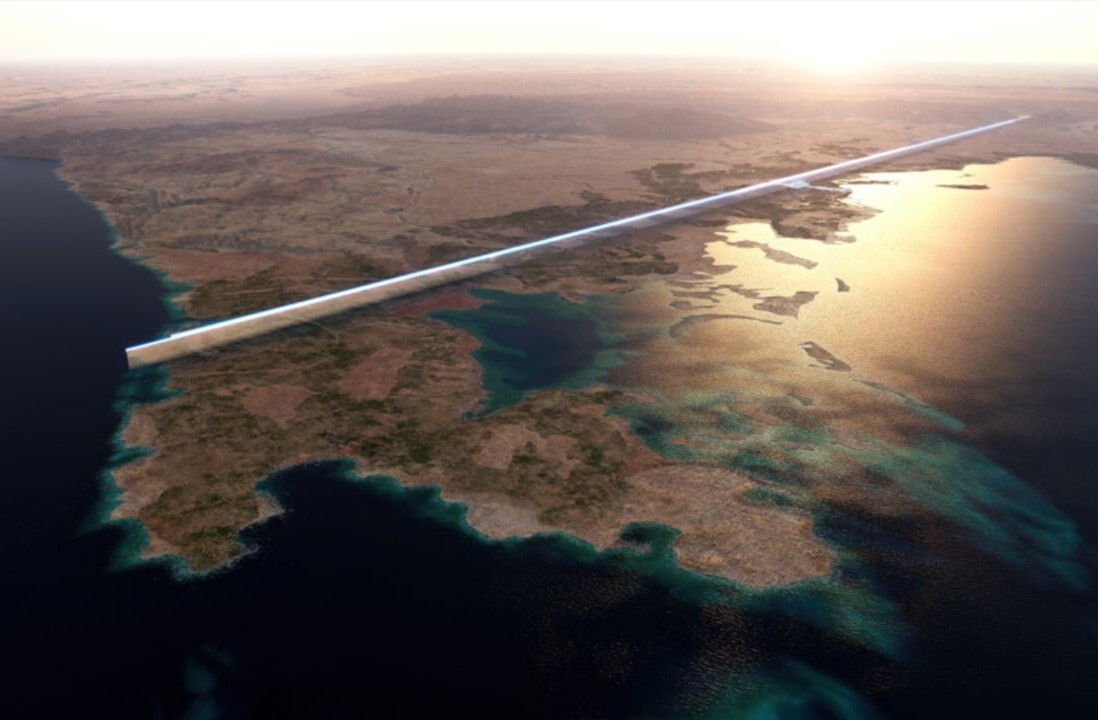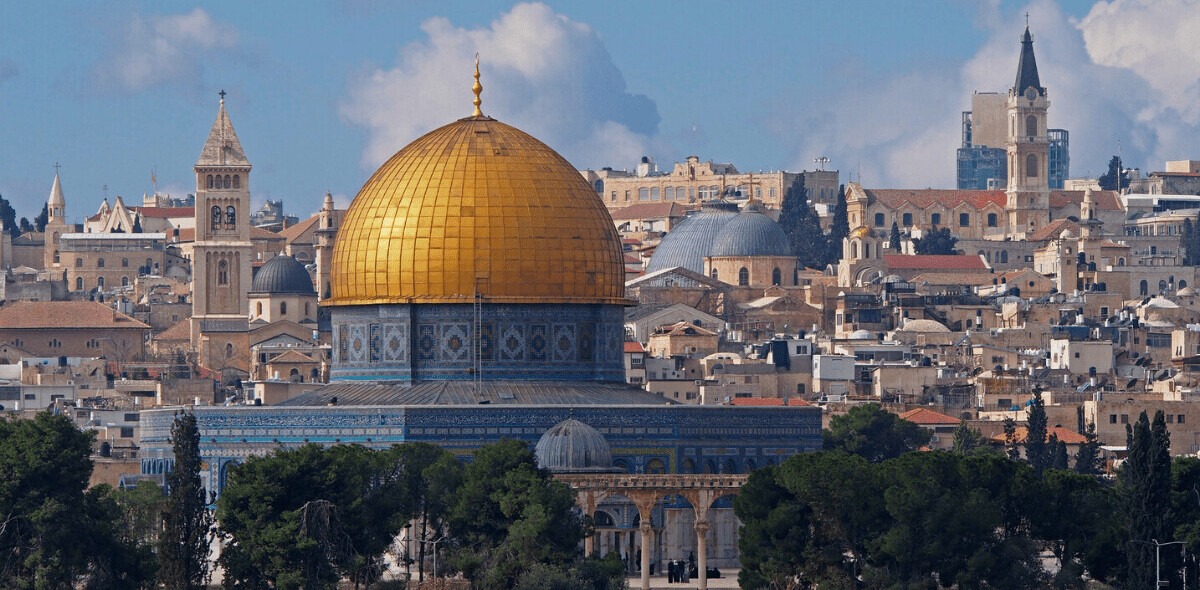
The Dubai School of Government (DSG) has released its third social media report, this time with a focus on Arab women. The report takes a look at the role of social media in Arab women’s empowerment and civic engagement, while also trying to better understand the gender gap that continues to exist between male and female use of social networking sites in the Middle East.
2011 saw the launch of two social media campaigns aiming to raise awareness on issues relating to women in the Middle East. Harassmap, an Egyptian site, which we wrote about in the past, launched an online campaign aiming to shed light on sexual harassment. In Saudi Arabia women used social media as a means of spreading awareness about their struggle against dated laws that prevent women from driving.
Despite significant milestones seen in the Middle East this year in social media and online technology in general, women’s online participation is lagging in comparison to their male counterparts, and in comparison to women around the word. DSG’s latest report reveals some of the specific numbers. On Facebook, approximately half of the social network’s users are women, but in the Middle East, women only make up a third of the region’s Facebook users.
DSG ran an online survey from August to October 2011, targeting men and women of all ages from countries from all over the region, analyzing responses at a regional and national level. 62% of the responses received were from women, with the typical respondent aged between 15 and 40.
On the national level, the study focused on Egypt, Saudi Arabia and UAE, which unfortunately seems to be the norm when it comes to analyzing online trends in the Middle East, while the rest of the region is somewhat neglected.
Why are less women using social media in the Middle East
The first question addressed in the report asked why women in the Arab world use social media less than anyone else. At the regional level, the majority of respondents, both men and women, put it down to societal and cultural limitations, followed by privacy and security concerns. Other reasons given included a lack of ICT literacy, a lack of confidence in social media, education, and a lack of relevant content.
These results don’t come as a surprise – not when social media campaigns are still being used in the Middle East to call for basic rights such as the right to drive.
While Arabic online content has been lacking in general, the past year has seen significant efforts to bring more Arabic content to the Internet, whether in the form of news, with initiatives launched by the Guardian, BBC and Yahoo, or with more grassroots movements to create an online Arabic ecosystem for women with sites like SuperMama.
What are they using social media for?
Unsurprisingly uses for social media didn’t differ much among women and men in the Middle East, whether at a regional or national level. The main use for social media across the board is as a news source, according to 83% of the men questioned and 89% of the women. Only 61% of men and 60% of women stated that they use social media to contribute to community, activist and political activities.
Figures on the national level once again don’t stray, but it was interesting to find that more social media users in Saudi Arabia (72%), than in Egypt (62%) use social media to contribute to political activities.
On a national level, Egyptians were found to be less concerned with negative repercussions in comparison with their Saudi and Emirati counterparts. Only 16% of Egyptians were concerned about being held accountable by authorities, in comparison to a third of Saudi and Emirati respondents.
The use of social media in regional protests
While both men and women took to the streets in protests around the region, the study reveals that most men and women used social media to raise awareness inside their countries about the causes of the revolutions, followed by disseminating information to the rest of the world. In these instances, the responses were more common among men. Women outpace men when it comes to using social media for entertainment and social purposes (22% vs. 16%) and for organizing and managing activists (9% vs. 3%).
Comparing Saudi Arabia and Egypt the results stray away from the regional averages. Saudi Arabia’s main use of social media leans more towards entertainment, whereas in Egypt raising awareness about the revolutionary cause comes first.
The role of social media to empower women
Regionally, social media is seen in a positive light when it comes to empowering women. Responses from both women and men were similar, with the most popular use for social media as a tool of empowerment being communication and self expression, followed by civic participation and social change. It was interesting to find that more men (65%) than women (62%) believed that social media can be used for the political empowerment of women.
The report concludes that social media is viewed by both men and women in the region as a tool that can contribute to the empowerment of women, and most responses from both men and women were largely similar.
The study states:
Perhaps the most important finding of this research is the shared view of social media as a tool for women’s empowerment. The majority of respondents felt that social media had the potential to be an empowering and engaging tool for women, whether in social, economic, legal, political or civic arenas. These perceptions contrast with the reality of gender inequalities that persist in the Arab region when it comes to these domains. In that sense, social media can potentially be a “change agent” towards women’s empowerment in Arab societies. It is positively viewed by many social media users, whether men or women, as a medium that can trigger changes and offer new approaches for addressing these inequalities.
Not surprisingly, women’s use of social media is unfortunately reflective of issues and obstacles that they are met with in their daily lives – seen more so in the recent protests in the region. While women have been quick to place themselves in the front line of the protests, their presence continues to be questioned by many. It will take much more than just social media to address these concerns.
Not only is social media not enough to address these issues, it is also not a sufficient mode of entry for women to participate in the public arena in their countries, whether politically, socially or civically.
Social media campaigns seen in Saudi Arabia and Egypt are a perfect example of finding the right balance. It is not enough to raise awareness, or communicate online. Taking to the streets, getting behind the steering wheel of a car, or speaking out about daily harassment faced by women is the first step in the empowerment of women, while tweeting about it comes next.
Get the TNW newsletter
Get the most important tech news in your inbox each week.









